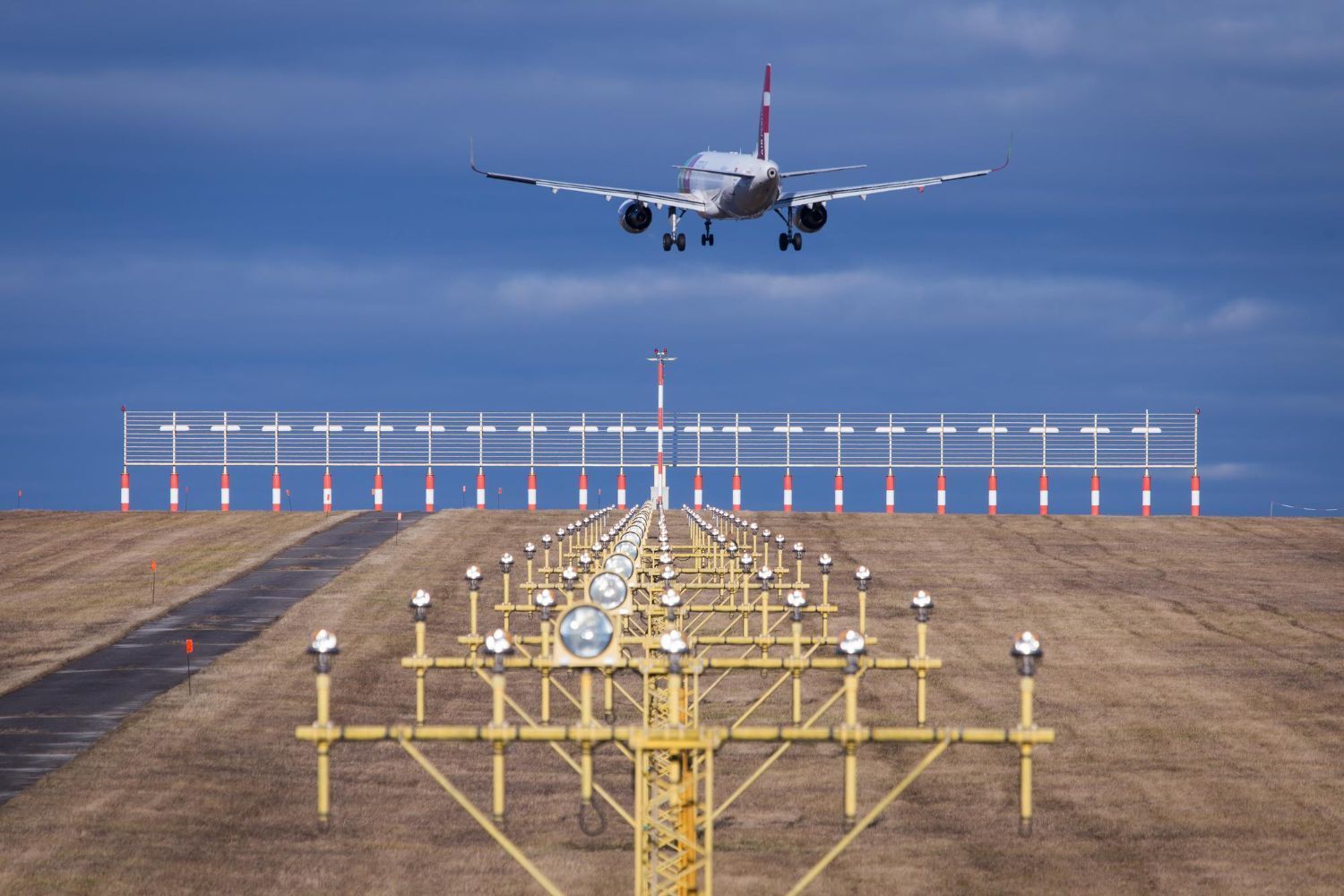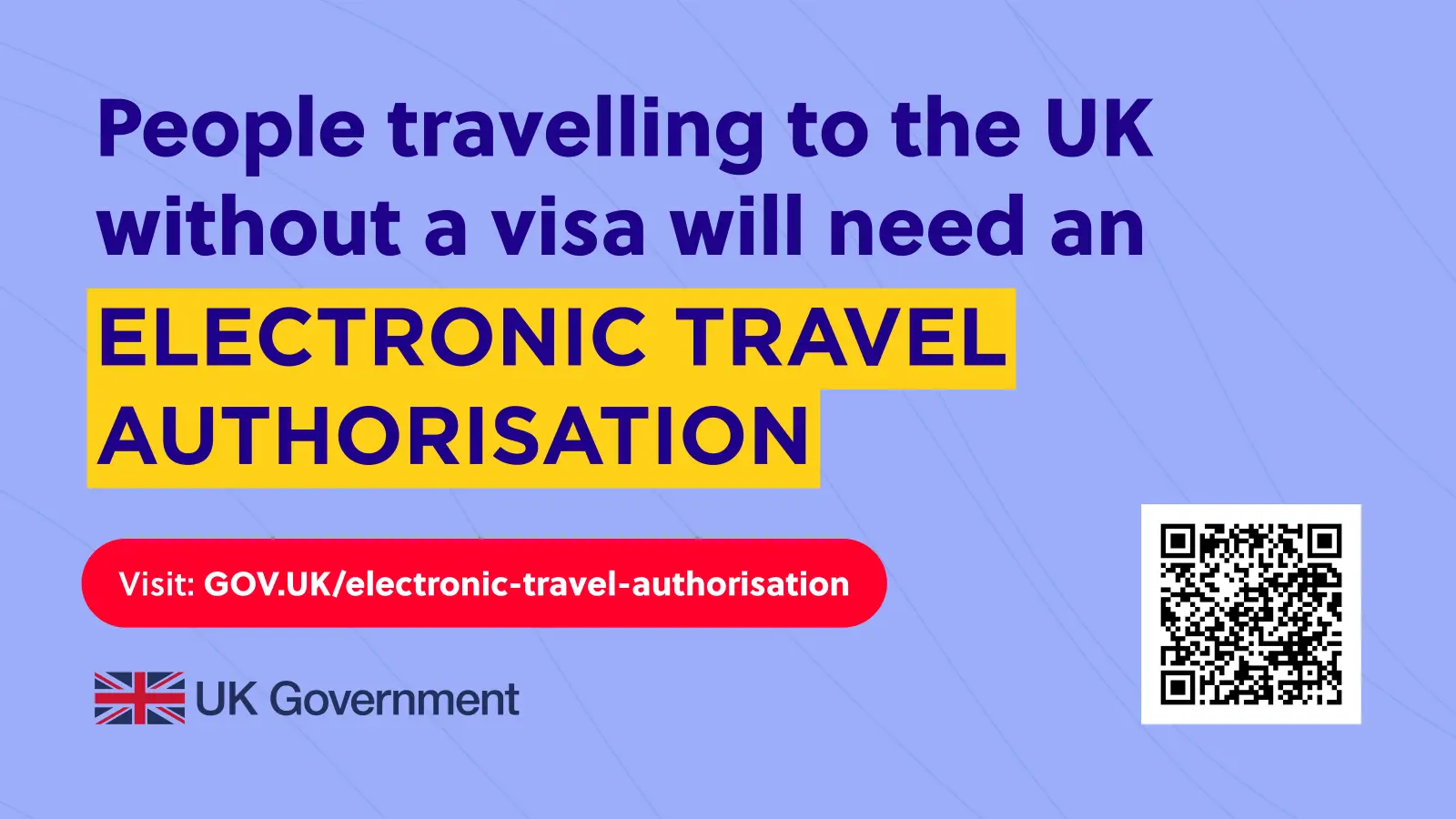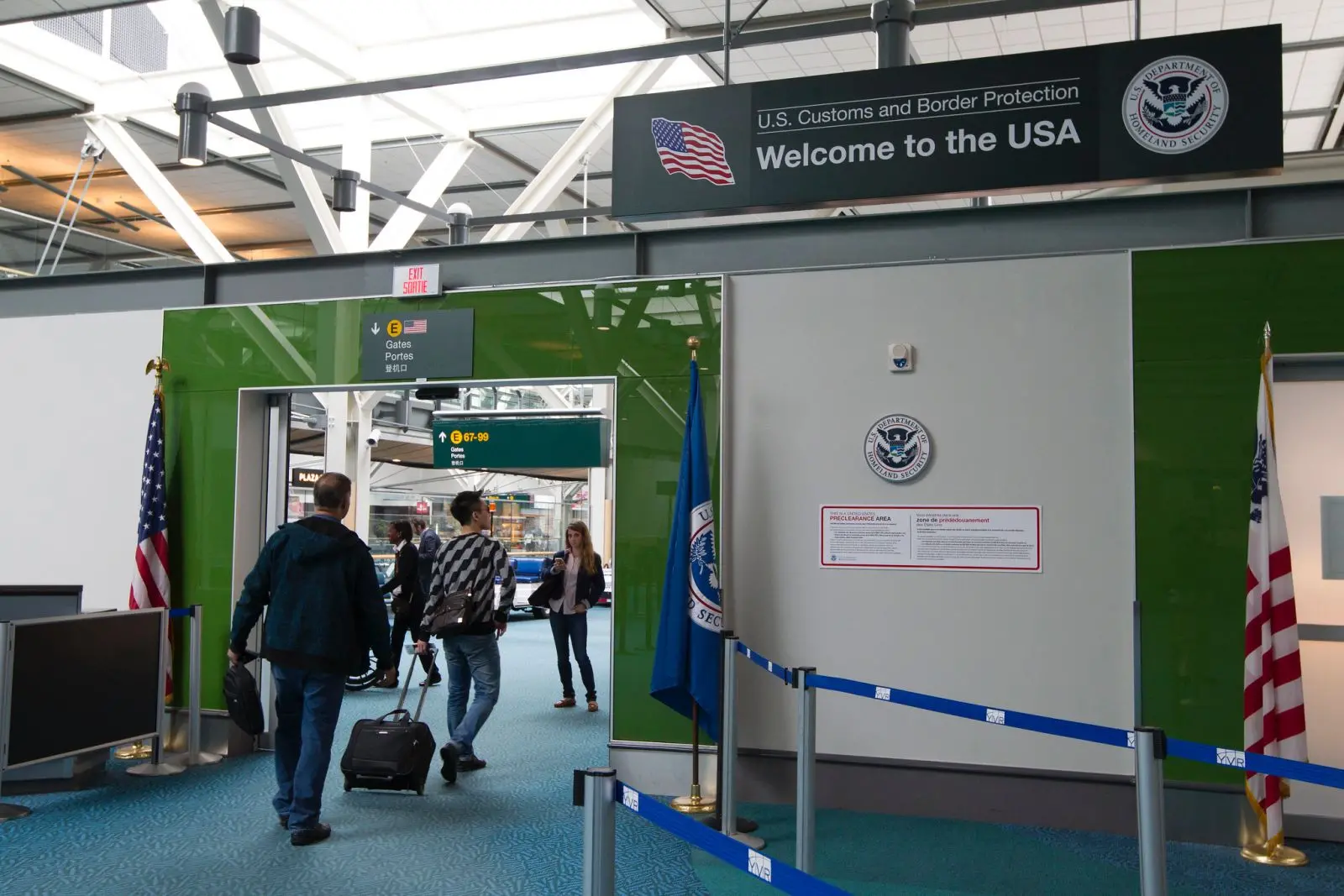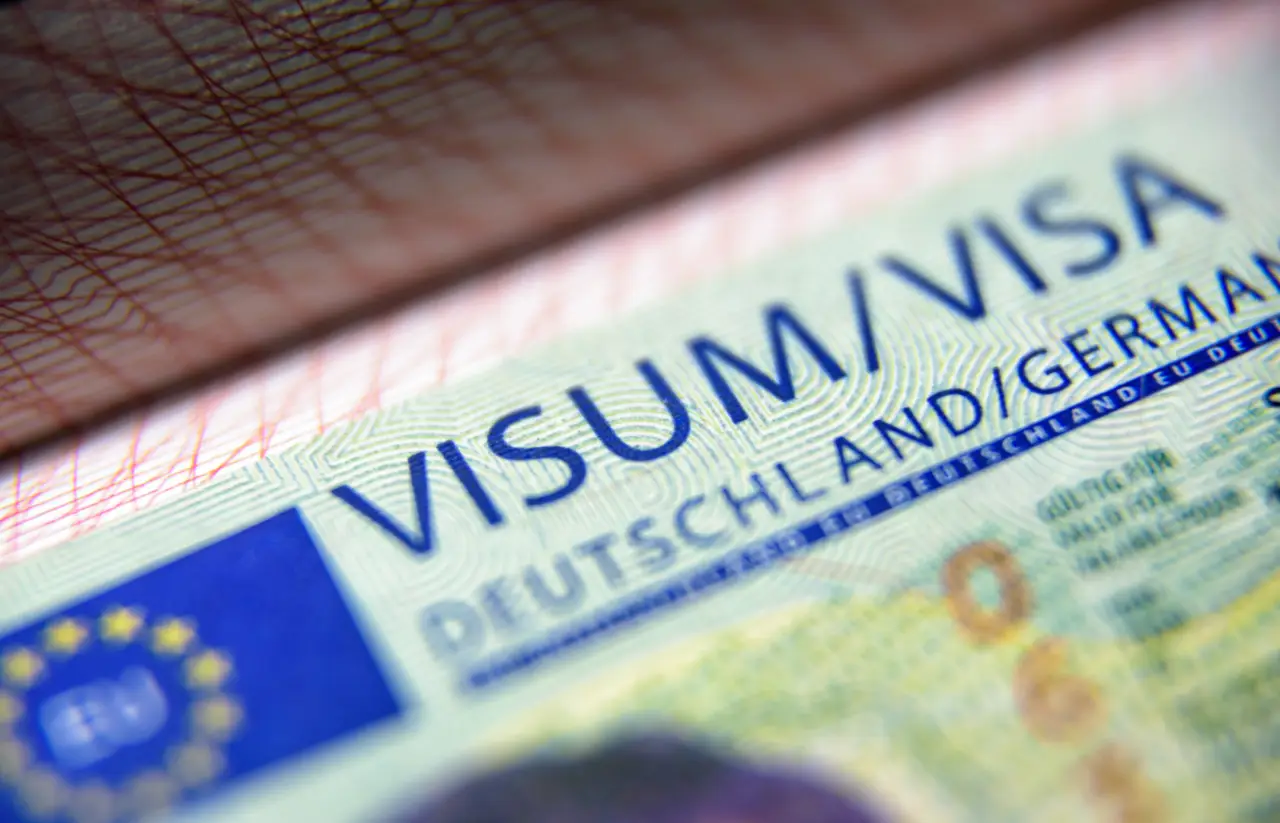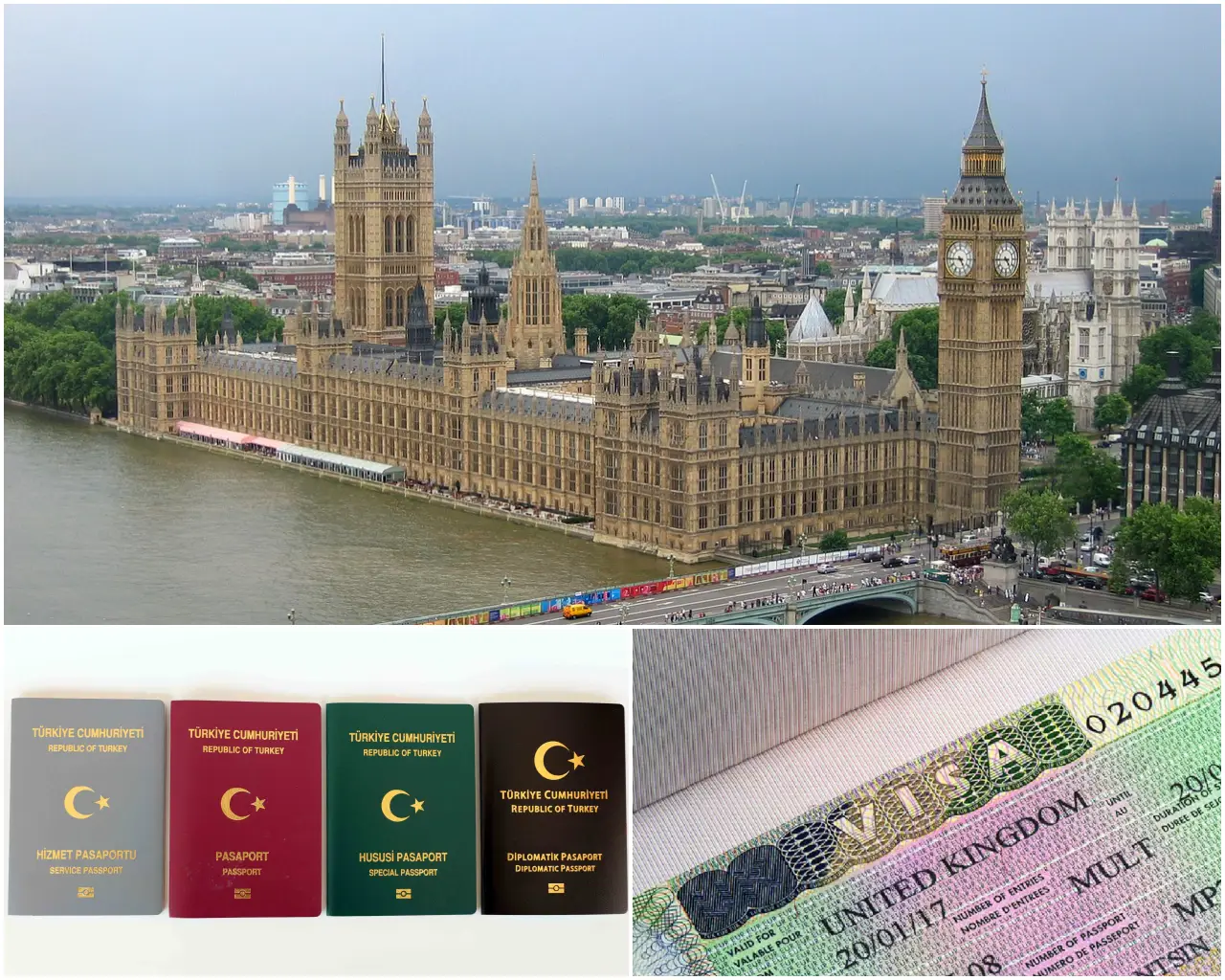The UK student visa system has undergone a significant transformation with the latest government regulations coming into force. As of January 1, 2024, the UK has tightened its student visa rules, notably restricting family members of international students from accompanying them unless enrolled in specific higher education programs. This move is a key part of the government’s strategy to manage migration more effectively and address the challenges within the immigration framework.
The latest changes primarily affect international students commencing courses this month. International students starting courses in January 2024 will no longer be able to bring family members on all but postgraduate research courses and courses with government-funded scholarships. The changes, first announced last May, have also seen people banned from using the student visa as a backdoor route to work in the UK and will see an estimated 140,000 fewer people come to the UK.
The Office for National Statistics (ONS) estimated that net migration was 672,000 from June 2022 to June 2023. In the year ending September 2023, 152,980 visas were issued to dependants of students, a more than 930% rise from the 14,839 in the year ending September 2019.
Home Secretary James Cleverly said that the government’s stance, emphasizes the commitment to reducing migration and controlling the UK’s borders. He stated that these measures are part of a comprehensive plan to rapidly decrease migration numbers and prevent exploitation of the immigration system. The government estimates that these changes will result in 140,000 fewer people coming to the UK.
Tom Pursglove MP, Minister for Legal Migration and the Border, highlighted the balance between maintaining the UK’s appeal as a destination for high-quality education and the necessity to manage migration levels. He pointed out the surge in dependants brought by students, contributing to unsustainable migration levels. The government’s actions are aimed at protecting public services while ensuring that the most contributing students continue to have access to the UK’s educational offerings.
At the same time, the government is stopping the boats and tackling illegal migration. Small boat arrivals to the UK are down 35% this year, illegal working raids have increased by 70%, migration agreements have been signed with France, Bulgaria, Turkey, Italy, Georgia and Ethiopia, more than 5,000 Albanians have been returned and arrivals from Albania are down by 90%. This is on top of signing a new treaty with the government of Rwanda and introducing new legislation making it clear that Rwanda is a safe country and allowing asylum seekers to be relocated there as a safe third country.
The student visa changes are designed to strike a balance between preserving the UK’s status as a leading educational hub and preventing institutions from undermining the country’s reputation by prioritizing immigration over education. The government remains committed to its International Education Strategy, which acknowledges the significant economic contributions of international students. This strategy involves balancing the goal of reducing overall migration with ensuring that incoming individuals are highly skilled and beneficial to the UK economy.
Further measures announced by the Home Secretary in December aim to bring legal migration down to sustainable levels. These include changes to health and care visas, increased salary thresholds for skilled workers, and a review of the Graduate route to prevent abuse and maintain the integrity of the UK higher education system.
In conclusion, these sweeping changes to the student visa policy represent the UK government’s firm stance on immigration control. While aiming to reduce net migration, the government is also ensuring that the UK continues to attract the brightest and the best from around the world. The implementation of these measures marks a new chapter in the UK’s immigration policy, one that balances the need for skilled migrants with the imperative of maintaining sustainable migration levels.






